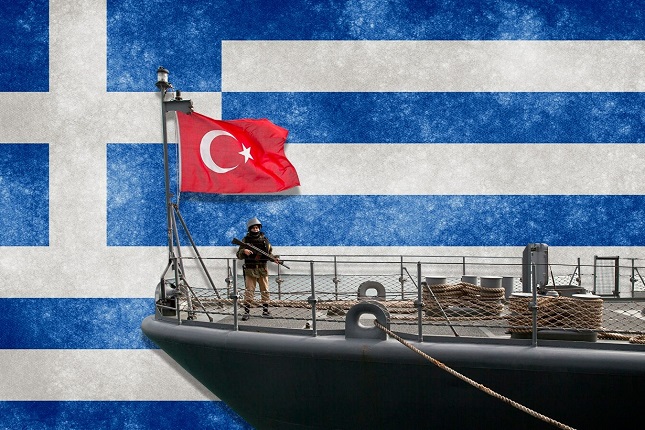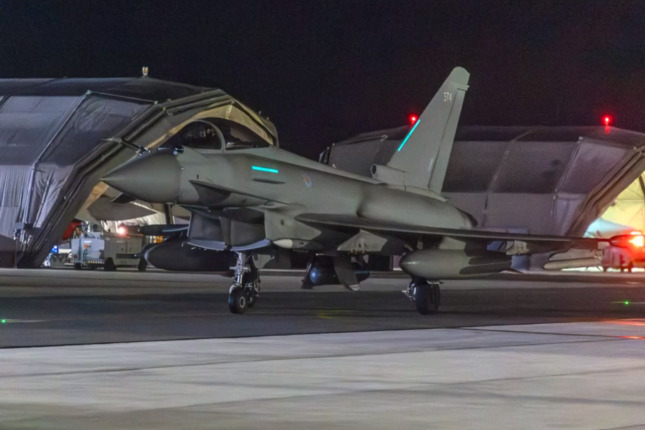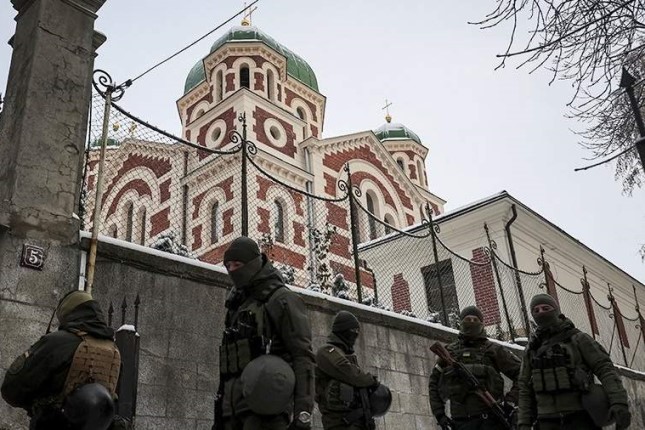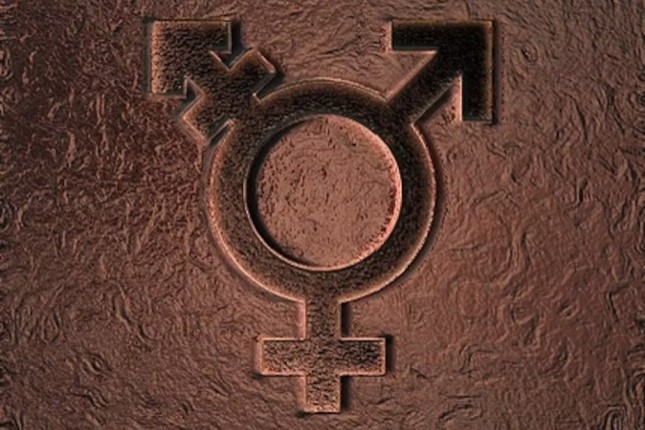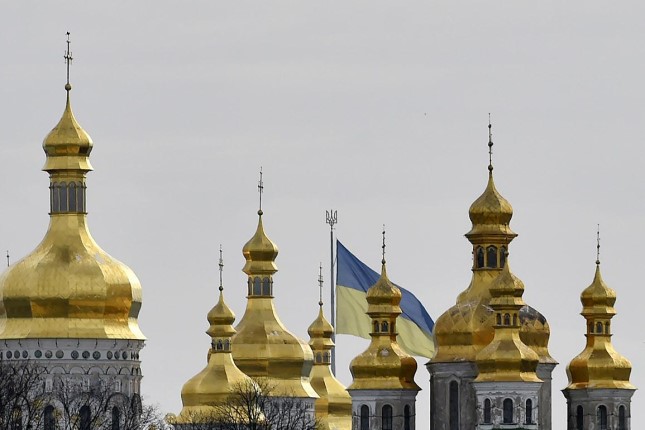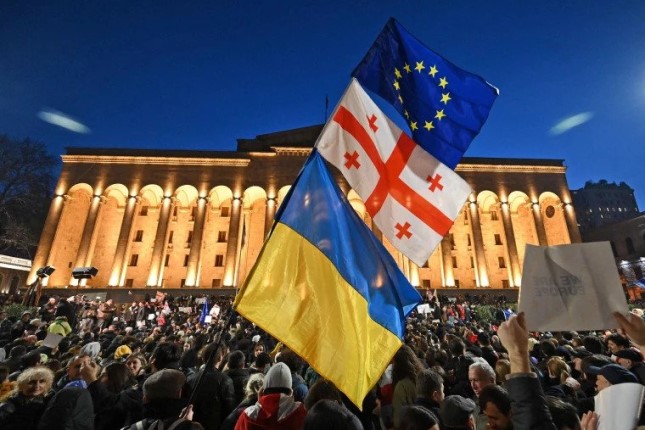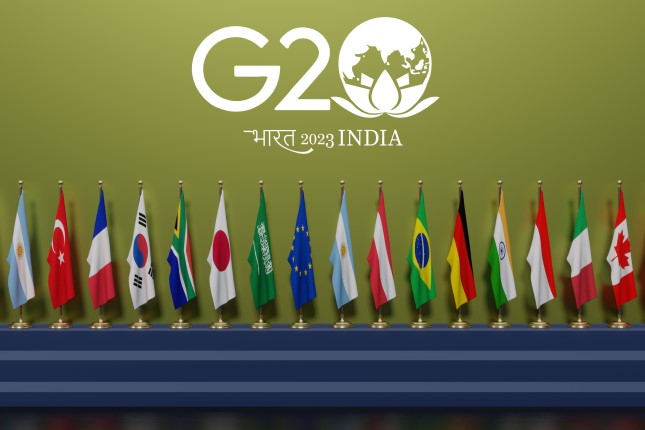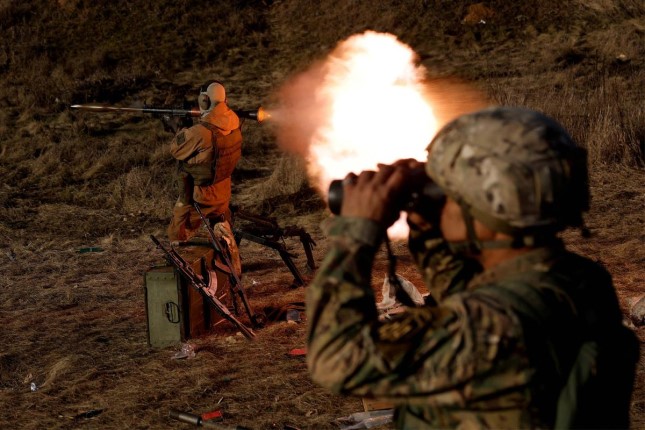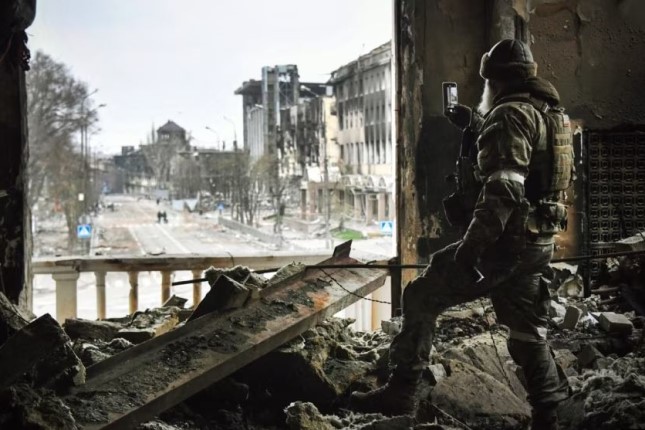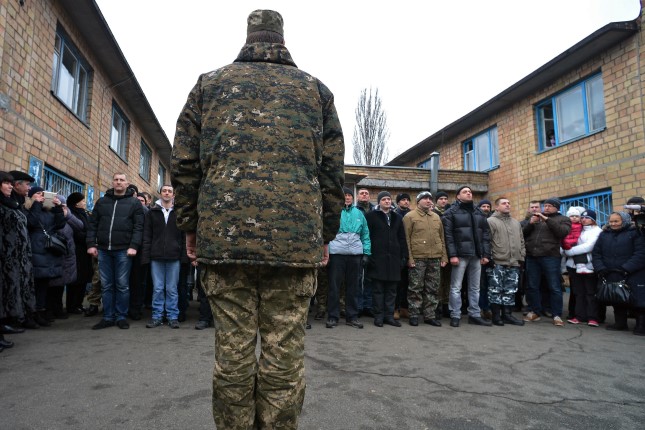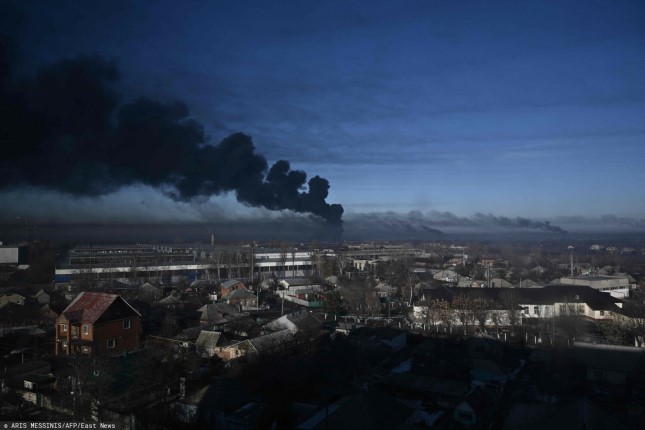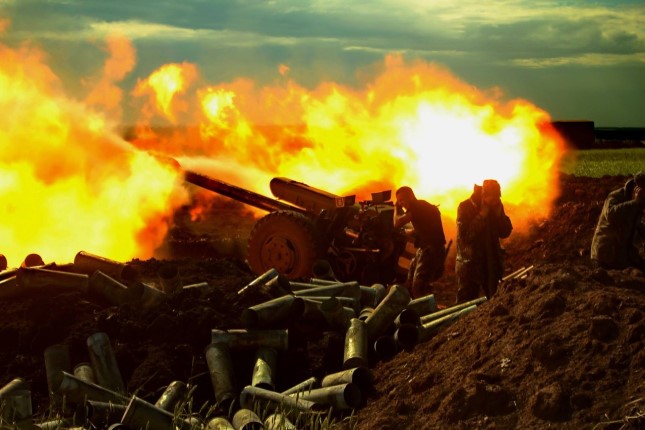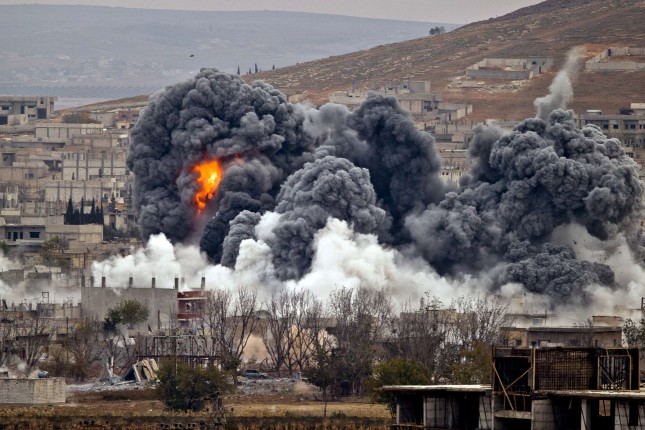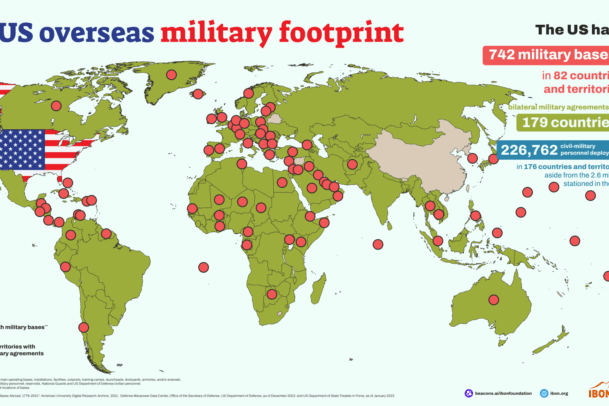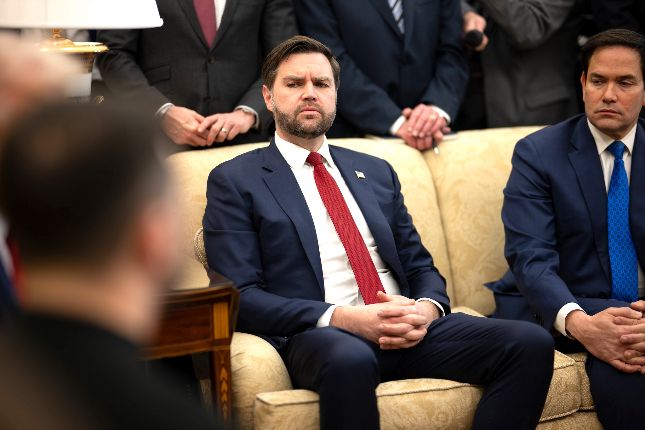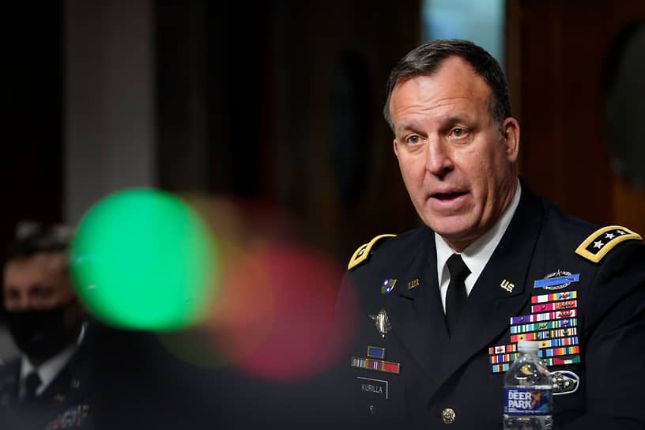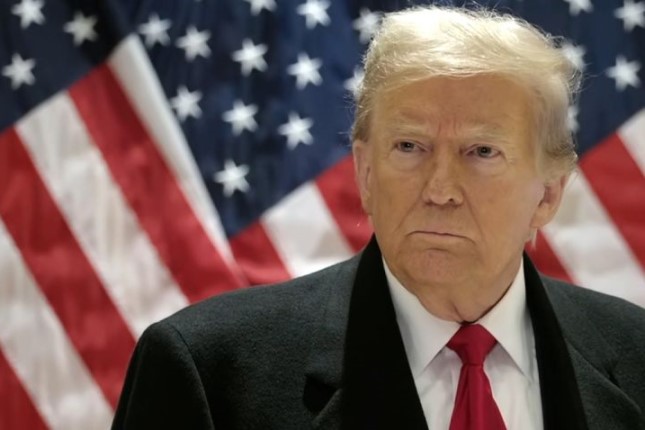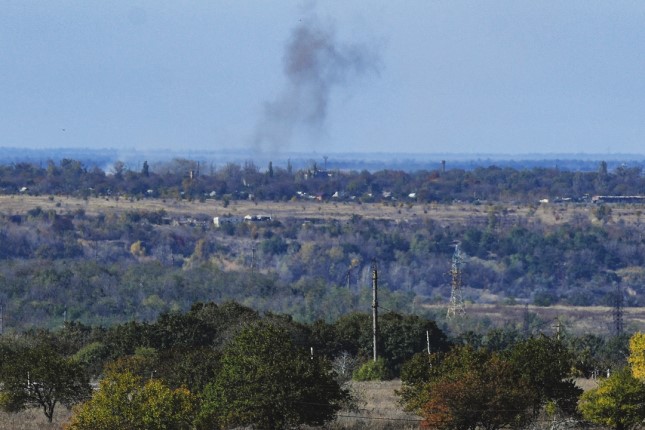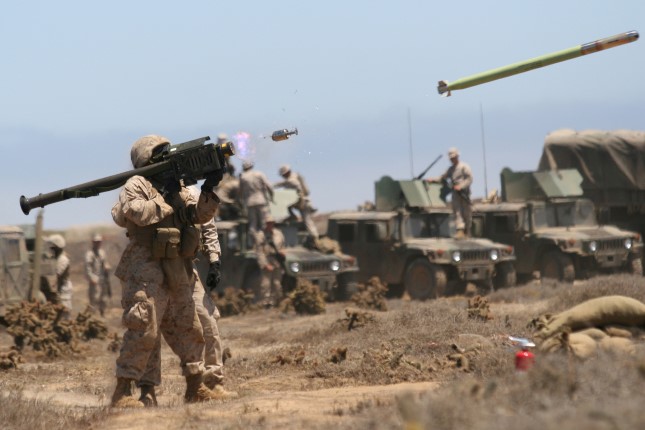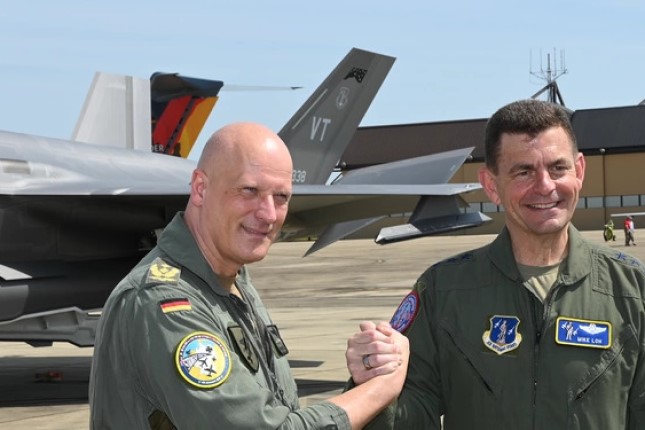Paralysis of NATO
Proponents of joining NATO cite Article 5 of the 1949 Washington Treaty among the first and foremost arguments for doing so. According to the Article, if one or several NATO members become a victim of an armed attack, every other member will consider this as an armed attack against all members. Should this happen, each country will, in the exercise of the right of individual or collective defence, assist the victim of the aggression, including by using armed force.
However, there is not a single line in the founding document of the Alliance about what to do if one NATO member attacks another. Yet the issue has been quite topical for decades, mainly due to the conflict between Turkey and Greece.
Ankara and Athens have long fought over ownership of the islands and the shelf area of the Aegean Sea and the Eastern Mediterranean, which contain rich gas reserves. Greece almost entirely controls the Aegean islands and seeks to extend its territorial waters around them to 12 nautical miles, in line with the UN Convention on the Law of the Sea. Turkey, however, does not recognise the convention and is threatening Greece with war. On Athens' side are France, Egypt, and Israel, who, as a gesture of support, sometimes send their warships to the shelf area, apparently risking a clash with the Turkish navy.
In early July, Turkey conducted naval exercise in the Aegean Sea after Athens violated the demilitarised status of the disputed islands. Greece responded to the exercise by moving artillery and armoured vehicles to the Turkish border. Ankara also moved tanks and BMPs to the border. Meanwhile, the Greek Prime Minister flew to Washington, where he won the support of the US and even asked the US President not to sell F-16 fighter jets to Turkish President Erdogan, which deeply hurt the Turkish leader. At the moment, the tough talk between the two countries remains just talk and has not resulted in any real confrontation.
Tensions were higher in 2020 when Turkey sent an exploration ship escorted by destroyers and frigates to the shores of Northern Cyprus. There was a ram but the incident did not escalate into a major flare-up. Not because both countries were NATO members, though, but because of the direct intervention of the United States, which brought the parties to the negotiating table.
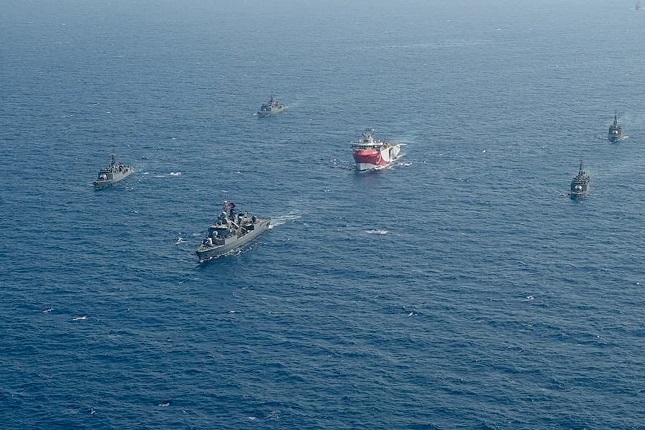
Turkey’s exploration ship Oruc Reis escorted by Turkish Navy. Photo: AP.
Turkey's bold actions, ready to send its navy to repel allied ships from the disputed territories, are paralysing NATO. Just like it was in 1996 over islands in the Aegean Sea and in 1974 over the attempted takeover of Cyprus by Greek nationalists when Ankara intervened to protect the island's Muslim Turkic-speaking population. Tellingly, the North Atlantic Alliance has never taken any practical step to de-escalate tensions.
Enfant terrible
Greece and Turkey joined NATO in 1952 when the Alliance assumed it could reconcile the conflicting states. But this never happened. There wasn't a single episode of the Greco-Turkish confrontation in which NATO could influence either Athens or Ankara.
By and large, Turkey as a NATO member is a prime example of enfant terrible. According to Michael Clarke, former director of the UK's Royal United Services Institute, Turkey's actions severely weaken the southern flank of NATO.
In February 2018, the Turkish Armed Forces nearly clashed with the US army in Syria. That way, Erdogan expressed his displeasure with the US acting jointly with the Kurds. Turkey's interests in Syrian Kurdistan often ran counter to the policies of the US and other NATO members, which cast a shadow over Ankara's relations with the North Atlantic Alliance.
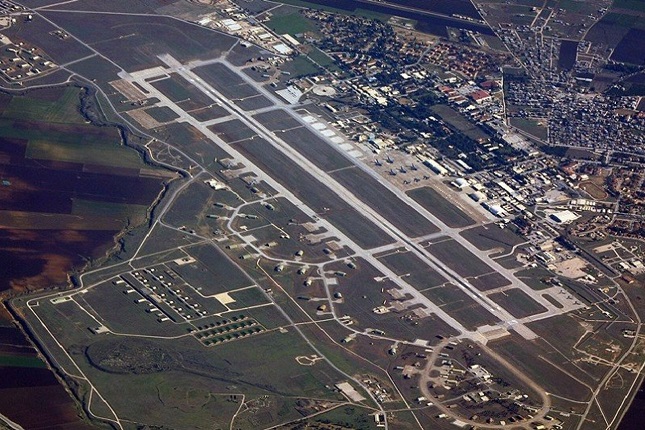
"Incirlik" Air Base in Turkey. Photo : minval.az
In December 2019, the Turkish leader threatened to kick the Americans out of the military bases of Incirlik and Kurecik in response to possible US sanctions and a US Senate resolution recognising the 1915 Armenian genocide. Turkey uses these bases jointly with NATO. Moreover, there are rumours that Incirlik may hold US nuclear weapons. Military experts point out that it would be difficult for the United States to replace Turkey as a convenient location to deploy its contingents and weapons, since the country is very close to Iran, Iraq, and Syria, which are areas of particular interest to Washington.
Unlike the Ankara authorities, the Greek government is eager to provide US and NATO with territory for military deployment. In October 2019, Greece and the US signed an agreement to expand the US Souda base in Crete and allow the United States to use the infrastructure of the Stefanovikeio, Larissa, and Alexandroupolis bases. In addition, the document enabled Washington to use any military facility on Greek territory in consultation with the Greek government. Earlier this summer, Greece signed another agreement with the US, under which Washington would get four more bases in the country, bringing the total number of US military facilities in the country to nine.
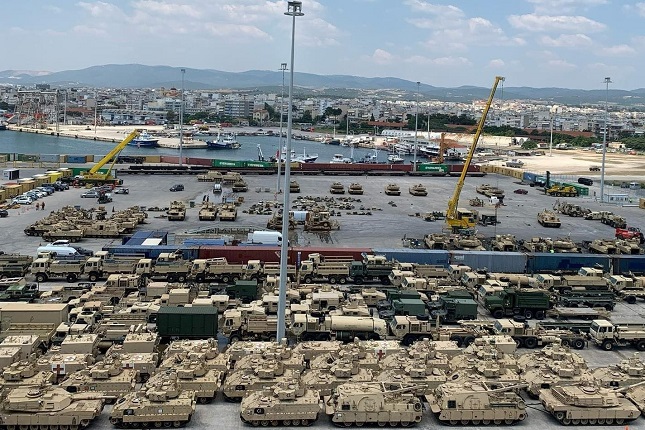
American military equipment, including M1A2 Abrams tanks, in the port of Alexandroupolis, july 2022. Photo: Dha.
Recalling that the US base in Alexandroupolis is only 45km from Turkey's border, Erdogan declared that it poses a threat to the country’s national security. There were even calls for deploying S-400 systems against US military facilities. Turkey had purchased the systems from Russia, which greatly disappointed NATO allies. According to Frankfurter Allgemeine Zeitung, Turkey thus demonstrated that it paid no regard for the common interests of the bloc and sought to get beyond the Western control, increasingly positioning itself on the world stage as an independent state. Another illustration of Turkey’s striving for independence was bargaining for its interests when negotiating Sweden's and Finland's membership of the alliance.
A flaw in NATO’s structure
A Washington Post article notes that even the hysteria about Russia's actions in Ukraine has failed to make NATO a more monolithic bloc. NATO members often act in pursuit of their personal ends, which thwarts the common goals of the Alliance. On this point, French President Emmanuel Macron said in an interview with The Economist that the NATO was experiencing the "brain death" due to the lack of coordination between the US and its European allies.
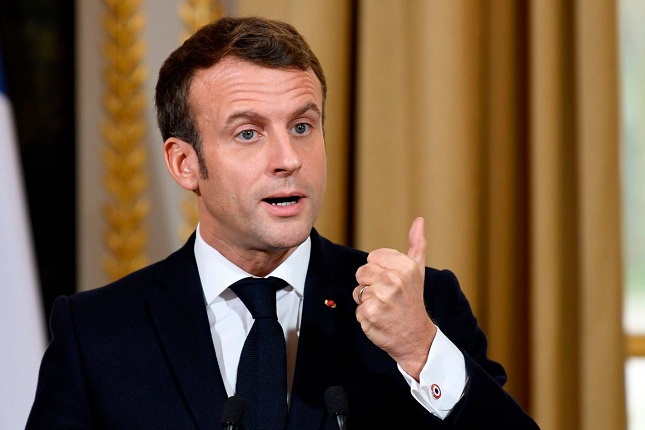
French President Emmanuel Macron. Photo: Reuters / Bertrand Guay.
Because NATO makes all its decisions based solely on a consensus basis, intra-bloc disagreements frustrate the entire organisation. This allows member states to bargain for preferential treatment in exchange for their agreement on some key issues. Which Turkey, for example, has been doing recently. To make NATO more capable, some experts suggest creating enforcement mechanisms within the Alliance. The current version of the Washington Treaty does not contain them. Nor does it provide an answer to the question of what to do if one NATO member attacks another.
The Cato Institute has been studying this topic but found no clear guidance. According to lawyers, theoretically, if one NATO member attacks another, Article 5 is the one that comes into play. Accordingly, the attacking ally is considered the aggressor and becomes the target. However, during the hot phase of a conflict, it is often difficult to determine who is the aggressor.
An attack by one NATO member on another could also invoke Article 8 which states that "each Party declares that none of the international engagements now in force between it and any other of the Parties or any third State is in conflict with the provisions of this Treaty". The Cato Institute suggests that aggression within the bloc should be interpreted as a violation of the Alliance's fundamental principles, which in theory entails expulsion from NATO. But there is a catch: the exclusion mechanism is not specified in the Treaty either. For example, in the case of Athens and Ankara, it remains to be seen who would suffer more from Turkey's withdrawal from the bloc – Ankara, which would lose its influence in the West, or NATO, which would lose a valuable ally on its southern flank.
All these contradictions have been embedded in the structure of the North Atlantic Alliance since its inception. In fact, NATO was meant to confront the Soviet Union. It was supposed that the USSR, being able to defeat all countries, except for the US, one by one, would be afraid to attack all of them at once. In other words, NATO's purpose has always been declared as protection against external threats, but it never intended to resolve internal conflicts. Therefore, it is unsurprising that the dispute between Greece and Turkey or any other aggravation between allies would paralyse NATO.
Territorial disputes within NATO
Greece and Turkey are not the only NATO members who have outstanding territorial disputes between each other. The United States, the United Kingdom, Spain, Portugal, Italy, France, Slovenia, and Germany also have claims against each other.
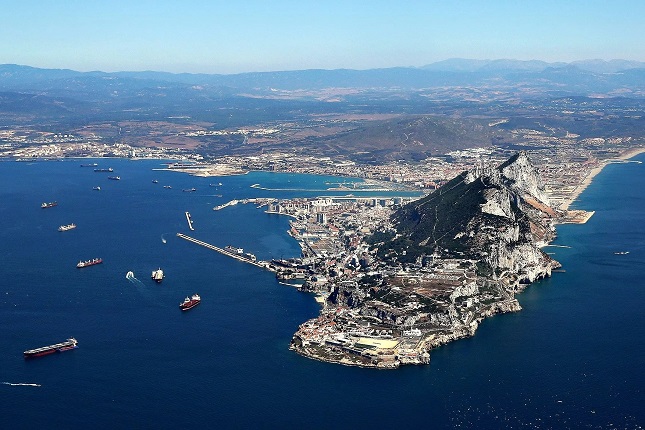
The peninsular of Gibraltar. Photo: Photo by Oli Scarff/Getty Images.
Spain and the United Kingdom, for example, are still arguing over Gibraltar. The confrontation is currently not as heated though as it was in the 1950s when General Franco imposed a blockade on the island. Moreover, Gibraltar citizens have twice declared in a referendum – in 1967 and 2002 – that they want to remain under the British crown.
As another example, Portugal has territorial claims against Spain over the town of Olivenza and the area surrounding it. Madrid has owned them since 1801 under the Treaty of Badajoz, which Lisbon has denounced and now wants the city back.
A potentially explosive dispute continues between Croatia and Slovenia over the maritime border in the Gulf of Piran of the Adriatic Sea. An international arbitration tribunal was set up in 2009 to settle the controversy. But Croatia withdrew from the process in 2015.
All these disputes are not very sharp at the moment, but their possible negative impact on NATO's future should not be underestimated. Such tensions tend to escalate at the most inopportune moment. At the same time, the protracted nature of these conflicts is yet another illustration that the North Atlantic Alliance has no effective mechanisms for mediating internal contradictions.
Main photo: poistine.org
